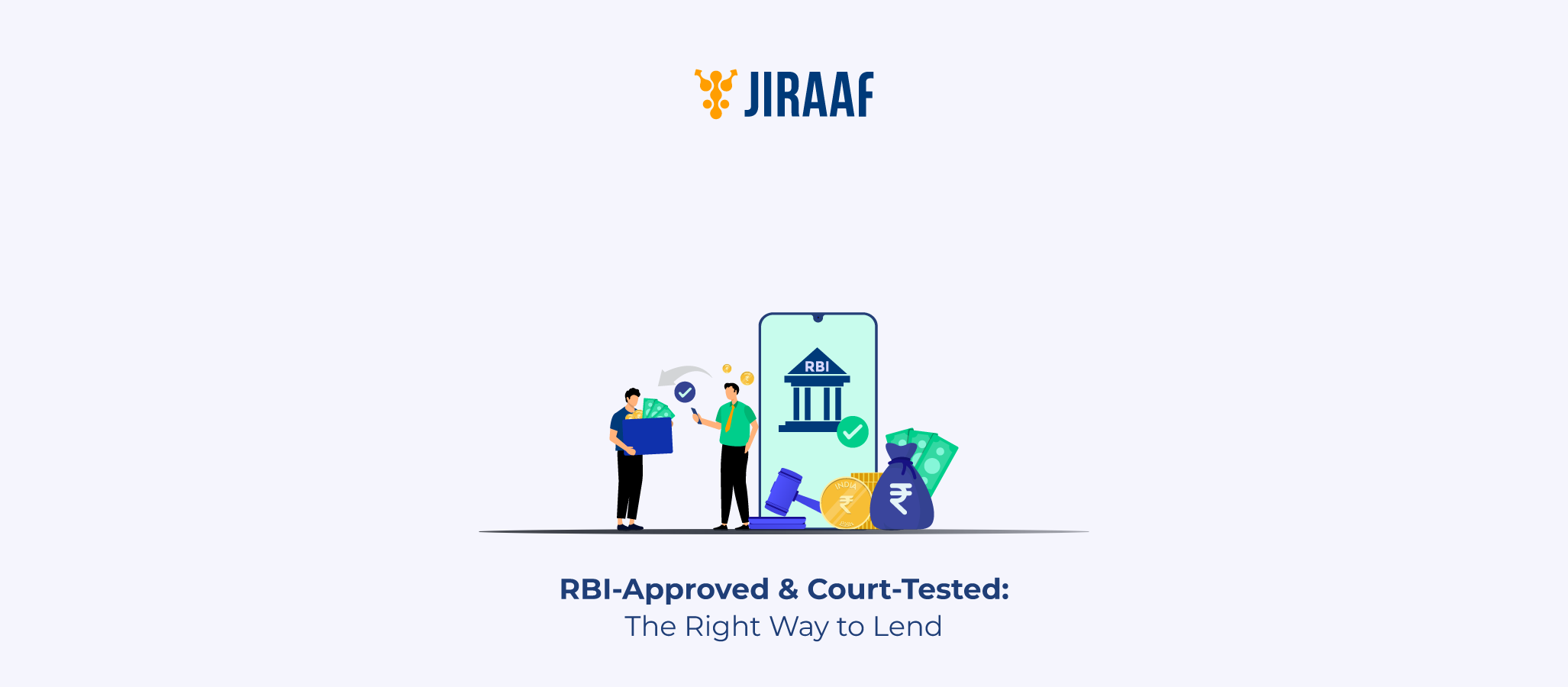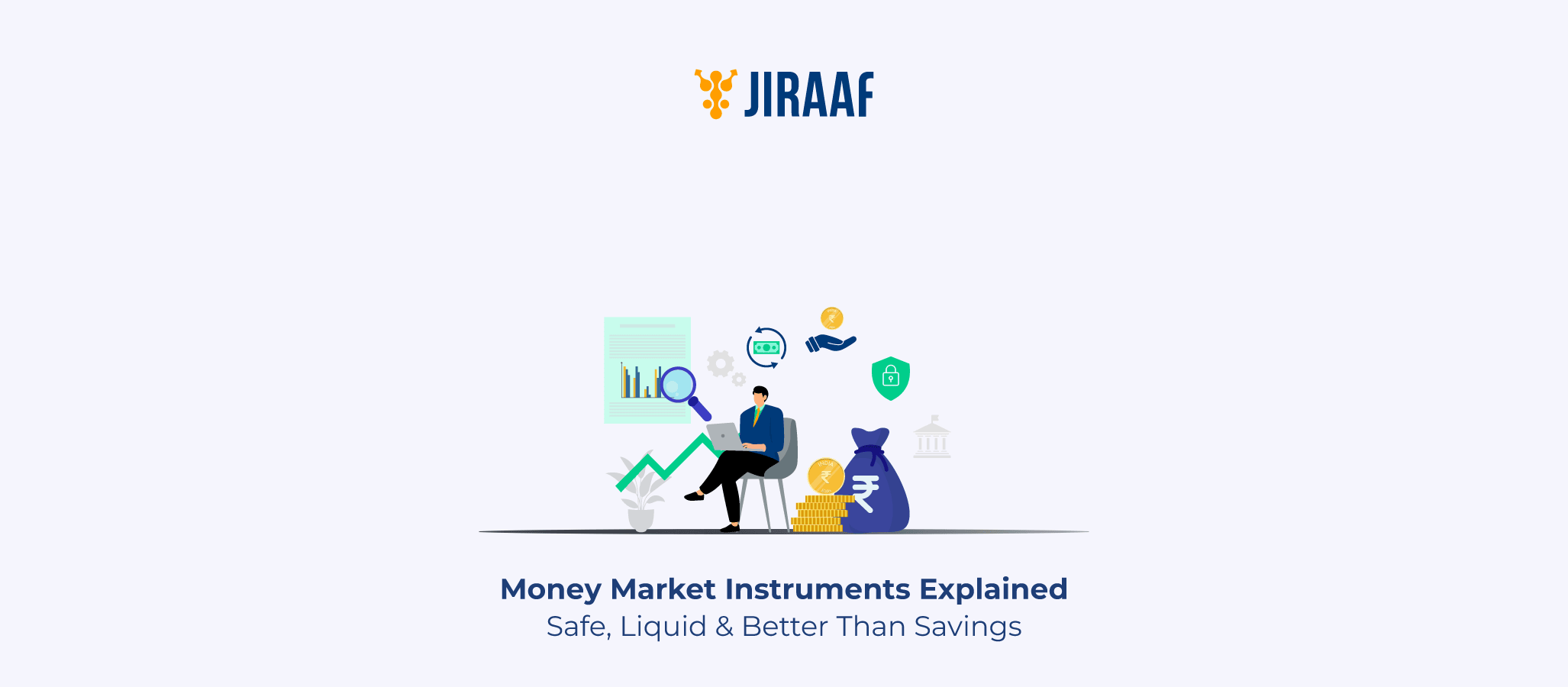As an investor, you must have worked really hard to build a portfolio that aligns with your financial goals, but let’s face it—navigating the taxation landscape can often feel like a challenge. Everyone feels the pinch of losing money to taxes. This is what makes assessing an asset’s returns post-tax implications important. Let’s talk about the tax implications and tax exemptions with respect to bonds today.
Understanding taxation on bonds is critical to maximizing your net returns. Whether it’s determining how interest income is taxed or learning to leverage exemptions and benefits, this blog is here to break it all down.
An Overview of Bonds
Bonds are debt securities that governments, businesses, and other organizations issue to raise money. They offer periodic interest payments and return the principal upon maturity. While bonds are considered a stable investment option, the taxation rules differ based on the bond type, the issuer, and the income generated.
Types of Bonds and Taxation
As an investor in India, you have access to various bonds, each with unique features and tax treatments. Here’s a breakdown of the most common bond types and their taxation nuances:
Regular Taxable Bonds
Corporate bonds and certain government securities comprise regular taxable bonds. These bonds offer periodic interest, which is fully taxable.
Taxation:
- Interest Income: These bonds are fully taxed as per your income tax slab rate. For instance, if you fall under the 20% tax bracket, the interest you earn is added to your income and taxed accordingly
- Capital Gains:
- Short-term: If the bond is sold before three years, gains are added to your income and taxed at your slab rate
- Long-term: If the bond is held for more than three years, the gains are taxed at 20% with indexation benefits, which adjust your purchase price for inflation, reducing your taxable gain
Who Should Invest: Investors seeking consistent returns and comfortable with taxation on periodic income
Tax-saving Bonds
Tax-saving bonds, such as those issued by REC and NHAI, help investors defer or eliminate capital gains tax from the sale of assets like property under Section 54EC of the Income Tax Act. These bonds are a popular choice for minimizing tax liabilities from asset sales.
Taxation:
- Interest Income: Interest income from these bonds is subject to taxation based on the relevant income tax band. The interest paid on tax-saving bonds, unlike tax-free bonds, is not tax-exempt.
- Capital Gains:
- Investments in these bonds allow you to defer or eliminate taxes on long-term capital assets, such as land, buildings, or other real estate properties, as specified under Section 54EC of the Income Tax Act. You cannot sell the bonds during the lock-in period of 5 years.
Let’s say you sell a piece of real estate and realize a capital gain of ₹10 lakh. Normally, you would need to pay capital gains tax on this amount. However, by investing ₹10 lakh in tax-saving bonds within six months of the sale, you can defer or eliminate the tax liability. This strategy helps preserve your wealth while fulfilling compliance requirements.
Who Should Invest: Investors looking to save on capital gains tax from the sale of real estate or other such assets
Tax-free Bonds
Government-backed tax-free bonds, such as those issued by IRFC or NHAI, are intended to finance infrastructure projects. They provide stable and tax-efficient returns to long-term investors.
Taxation:
- Interest Income: These bonds are completely tax-free under Section 10(15) of the Income Tax Act. This makes these bonds highly attractive for investors in higher tax brackets.
- Capital Gains:
- Short-term: If the bond is sold before one year, gains are taxed at your slab rate
- Long-term: If the bond is held for a longer duration, gains are taxed at 10% without indexation benefits.
For instance, investing ₹5,00,000 in a tax-free bond offering 7% interest yields ₹35,000 annually, which is entirely tax-free.
Who Should Invest: High-net-worth individuals (HNIs) and investors in higher tax brackets seeking stable, tax-efficient returns
Zero Coupon Bonds
Zero-coupon bonds are issued at a discount and redeemed at face value, with no periodic interest payments. The difference between the purchase price and redemption value represents the return.
Taxation:
- Interest Income: Since no periodic interest is paid, taxation is deferred until maturity. The accrued interest is treated as capital gain
- Capital Gains:
- Short-term: Gains for bonds held for less than three years are taxed as per slab rates
- Long-term: Gains for bonds held for more than three years are taxed at 20% with indexation benefits
For instance, a zero-coupon bond purchased for ₹90,000 and redeemed at ₹1,00,000 after maturity generates ₹10,000, which is taxed as capital gains.
Who Should Invest: Investors with long-term financial goals who prefer deferring tax liabilities until maturity
Sovereign Gold Bonds (SGBs)
Sovereign Gold Bonds are issued by the Reserve Bank of India (RBI) and denominated in grams of gold. They combine the stability of gold investment with the regular returns of bonds.
Taxation:
- Interest Income: They are taxable at slab rates. The 2.5% annual interest offered by SGBs is not tax-free.
- Capital Gains:
- Exempt on Redemption: Gains at maturity are completely tax-free for individuals
- Premature Sale: If the bond is sold after 5 years but before maturity, gains are taxed at 20% with indexation for long-term holdings
For instance, investing in SGBs worth 20 grams of gold with an annual interest rate of 2.5% generates taxable interest income, but gains at maturity are tax-exempt.
Who Should Invest: Investors seeking gold exposure without the risks of physical storage and aiming for tax-efficient returns
Taxation on Interest Generated from Bonds
When you invest in bonds, you typically earn interest, a key source of income from bonds. The taxation on this income depends on the bond type and your tax bracket. Here’s a detailed breakdown:
1. Interest Income as Taxable Income
Interest earned on most bonds is categorized as “Income from Other Sources” under the Income Tax Act and taxed as per the investor’s slab rate. However, interest income from tax-free bonds (e.g., those issued by IRFC or NHAI) is exempt from taxation under Section 10(15).
Example: A taxpayer in the 30% tax bracket earning ₹10,000 in interest will pay ₹3,000 as tax on regular bonds. In contrast, the same income from tax-free bonds incurs no tax liability.
2. TDS (Tax Deducted at Source)
For certain bonds, issuers deduct TDS on interest payments exceeding ₹5,000 in a financial year.
For corporate bonds, TDS is deducted at 10% on interest payments. If no PAN is provided, the rate rises to 20%. For government and tax-free bonds, no TDS applies, though the income may still be taxable (unless exempt).
Example: If an investor earns ₹8,000 as annual interest from corporate bonds and provides their PAN, the issuer deducts ₹800 (10%) as TDS.
3. Taxation Based on Bond Types
- Regular Bonds: Interest income is fully taxable as per the investor’s slab rate
- Tax-saving Bonds: While investors can claim deductions under Section 54EC for the invested amount, the interest earned is taxable at slab rates
- Zero Coupon Bonds: No periodic interest payments mean no immediate tax. Instead, the cumulative return is taxed as capital gains upon redemption
Example: For a ₹90,000 zero-coupon bond redeemed at ₹1,00,000, the ₹10,000 gain is taxed as capital gains, not interest income.
4. Importance of Reporting Interest Income
Failing to disclose interest income in your tax return may result in penalties or scrutiny by tax authorities.
Example: If an investor earns ₹50,000 in interest income annually and omits it from their return, they risk fines or audits.
Transparency in declaring income ensures compliance and prevents unnecessary penalties.
How Taxation on Bonds Varies by Investor Type?
- Resident individuals are taxed at slab rates and can claim deductions if eligible (e.g., Section 80C for tax-saving bonds)
- NRIs (Non-resident Indians) are generally subject to TDS at a higher rate (30%) on their interest income. Special provisions may apply under DTAA (Double Taxation Avoidance Agreements), if applicable
- Corporates or Trusts are treated according to their specific income tax categorization
Illustrative Scenario
Suppose an investor purchases ₹1,00,000 worth of corporate bonds offering 7% annual interest.
Interest Earned: ₹7,000 annually
Taxable Amount: ₹7,000 is added to “Income from Other Sources”
Tax Liability: ₹1,400 (20% of ₹7,000) is payable as tax for a 20% tax slab
Tax-Saving Strategies for Bond Investors
Investing in bonds offers consistent returns, but managing the tax implications can make a significant difference in the effective returns you get. Here are some strategies to optimize tax savings on your bond investments.
1. Invest in Tax-Free Bonds
Tax-free bonds, typically issued by government-backed institutions, provide tax-exempt interest income under Section 10(15) of the Income Tax Act. While these bonds offer lower yields, they are beneficial for investors in higher tax brackets, as the interest is free from taxation.
2. Leverage Indexation for Long-Term Capital Gains
Holding bonds for more than three years enables you to benefit from indexation on capital gains. This adjusts the purchase price for inflation, thus reducing taxable gains when you sell the bond.
3. Diversify Across Bond Types
Diversifying your bond portfolio can help minimize taxes. Combining tax-saving bonds, tax-free bonds, and taxable bonds lets you balance both steady returns and tax advantages, such as deductions under Section 80C of the Income Tax Act.
4. Utilize Tax-Saving Bonds Under Section 80C
Investments in bonds eligible for Section 80C deductions, such as infrastructure bonds, can reduce your taxable income by up to ₹1.5 lakh per financial year. These bonds offer a 5-year lock-in period.
5. Minimize Capital Gains Tax on Bonds
Selling bonds before maturity incurs Short-term Capital Gains (STCG) tax, while holding for more than three years entails Long-term Capital Gains (LTCG) tax, which benefits from indexation. Holding bonds longer generally lowers your tax rate on gains.
6. Tax Benefits for Listed Bonds
Listed bonds attract favorable tax rates — STCG tax is 15%, and LTCG tax is 10% with no indexation or 20% with indexation. Opting for listed bonds over unlisted bonds and holding them for the long term can lower the tax burden.
Concluding Thoughts: Tax on Bonds
Understanding taxation on bonds is crucial for maximizing returns and aligning investments with your financial goals. There are multiple ways to reduce tax liabilities with various bond types (tax-saving, tax-free, listed bonds, and others). By leveraging strategies like indexation, considering holding periods, and opting for tax-free bonds, you can enhance post-tax returns.
A well-planned approach to bond taxation ensures better long-term financial stability and optimized gains. Make tax considerations an integral part of your bond investment strategy for smarter financial growth.
FAQs related to Taxation on Bonds in India
Are there Any Tax Benefit on Sovereign Gold Bonds?
Yes, SGBs offer tax-free capital gains at maturity for individual investors. Additionally, their 2.5% annual interest is taxable, but selling before maturity can incur long-term or short-term capital gains tax depending on the holding period.
Is Interest on Tax-free Bonds Taxable?
No, the interest on tax-free bonds is exempt from taxation under Section 10(15) of the Income Tax Act. This makes them a tax-efficient choice, especially for high-income investors.
Is TDS applicable on bonds?
Yes, TDS applies to interest exceeding ₹5,000 annually for most taxable bonds. Typically, a 10% TDS rate is deducted if you provide your PAN, but no TDS is applicable for tax-free bonds.
Discover fixed income investments with Jiraaf, a SEBI registered online bonds platform that educates and brings access to a wide array of bonds. Sign up today to explore diversified fixed income investment opportunities to support your goal-based wealth creation journey. Start investing!









